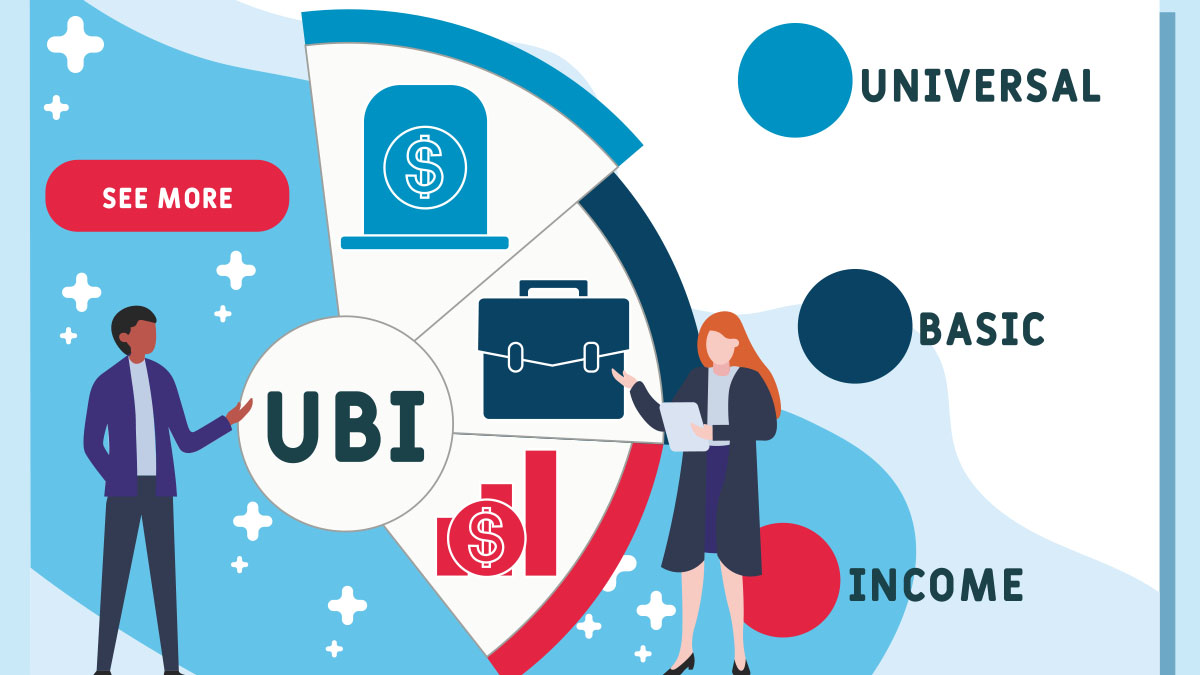The Impact of No-Strings Cash Aid on Job Security
The rise of artificial intelligence has raised concerns about the potential loss of millions of jobs. In response to this threat, Silicon Valley has been advocating for a solution to mitigate the impact: cash aid from the government with no strings attached.
The Latest Study on Universal Basic Income
The first results from the most recent and largest study on the effects of free money have been released. The research, led by the individual behind ChatGPT, focused on the concept of basic income. OpenAI CEO, Sam Altman, initiated an experiment in 2016 to explore the need for national payments in light of technological advancements that result in job displacement and wealth disparity.

Findings from the Study
Over three years, 1,000 lower-income individuals in Illinois and Texas received $1,000 a month, while a control group of 2,000 received $50 a month. The study revealed various impacts, including changes in spending patterns, work hours, and leisure time among participants.
Unexpected Challenges and Positive Outcomes
Despite facing challenges such as the COVID-19 pandemic, the cash aid provided individuals with more agency in their employment decisions. Participants reported improvements in their financial situations, with many using the extra money for essential needs like food, transportation, and housing.

Diverse Perspectives on Guaranteed Income
Guaranteed income has garnered support from a diverse range of individuals, including prominent figures like Milton Friedman, Richard Nixon, Martin Luther King Jr., and Silicon Valley entrepreneurs like Elon Musk and Jack Dorsey. The concept has evolved over time, with recent experiments focusing on targeted assistance for lower-income households.
Challenges and Future Considerations
While basic income has its advocates, there are concerns about its long-term sustainability and impact on employment rates. Some experts suggest alternative measures such as increasing tax credits for lower-income workers to address economic challenges effectively.

As the debate continues on the efficacy of no-strings cash aid, the need for comprehensive solutions to support struggling families remains a priority.



















